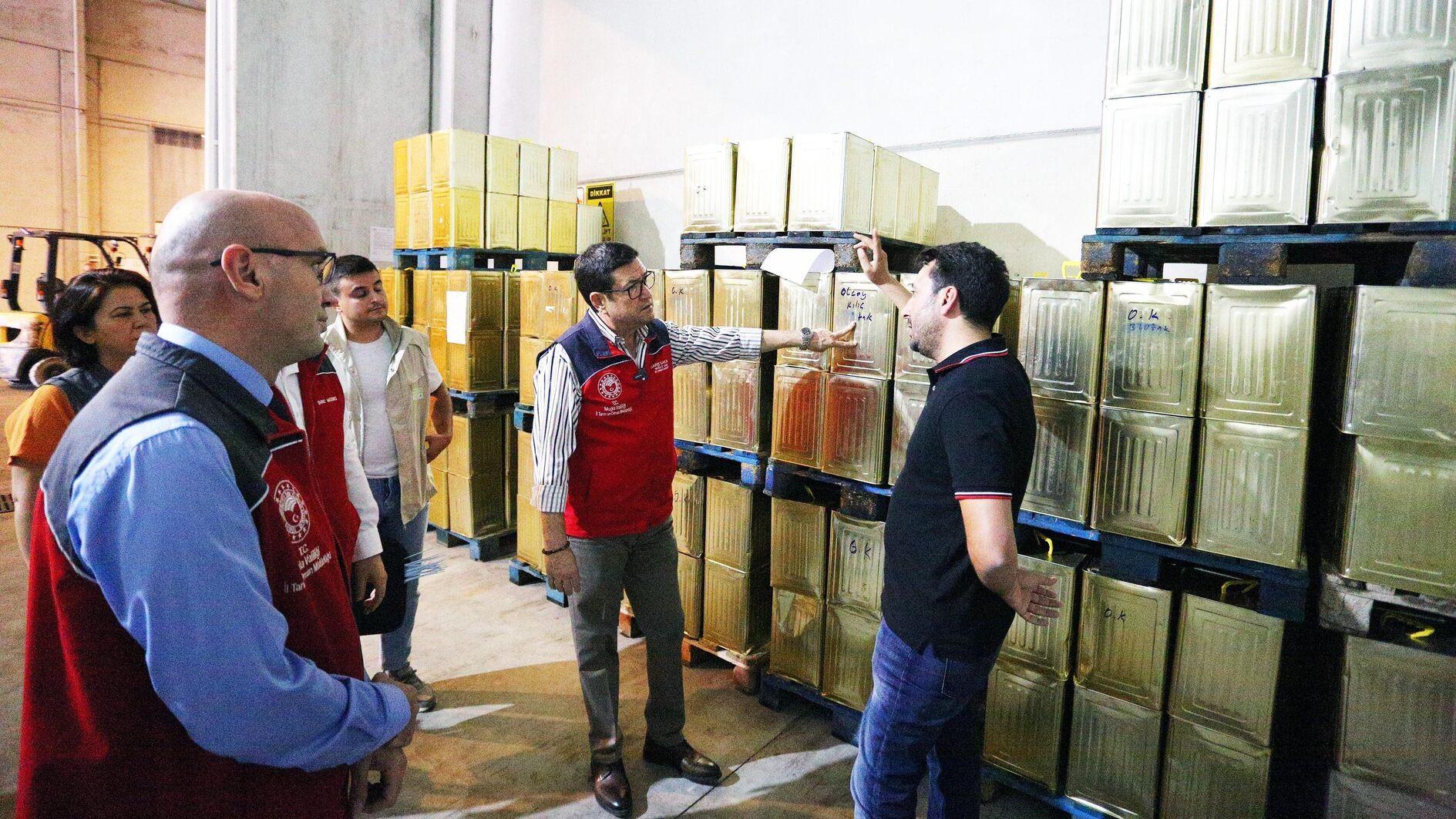
After a long hiatus, the publication of the Agriculture and Forestry Ministry’s list of counterfeit and adulterated foods has reignited public discourse.
The list, last published in March 2022 and detailing noncompliant food producers, drew widespread attention from consumers.
To combat such delays, the information on counterfeit or adulterated products will now be shared electronically through the ministry’s website. The new system allows for instant publication of adulterated food products.
In the previous system, which was published in batches, there were long delays in sharing such information with the public due to painstaking bureaucratic processes.
As the food industry adapts to this increased level of scrutiny, consumer vigilance remains key to maintaining safety standards.
The ministry urged all citizens to report any violations they observe and to stay informed as more updates are provided on its website and through publication channels.
An official from the ministry stated, “The best auditor is the consumer himself. We encourage everyone to report any issues they observe through our Alo 174 Food Line.”
Officials from the ministry also revealed that the food industry had been scrutinized through 940,000 inspections this year alone, uncovering 16,000 instances of non-conformities.
As a result, the ministry imposed administrative fines totaling 771 million Turkish Liras and filed criminal complaints against 368 businesses.
Among the concerning findings were dyes detected in chili peppers and misleadingly labeled pork and poultry products, sold as veal.
Nearly 1.5 million additional inspections are expected by the end of the year.
One consumer advocacy group expressed its satisfaction with the ministry’s improved communication.
“For years, the public has wanted greater transparency. Now, we can make more informed decisions about what we consume.”
Under the new publication system, businesses are held to stricter standards. Companies fined for violations face penalties between 146,000 and 10.5 million liras.
The ministry has also implemented a QR code application in food businesses. With this voluntary application, the consumer who goes to the business can scan the QR code and access information about its last inspection.